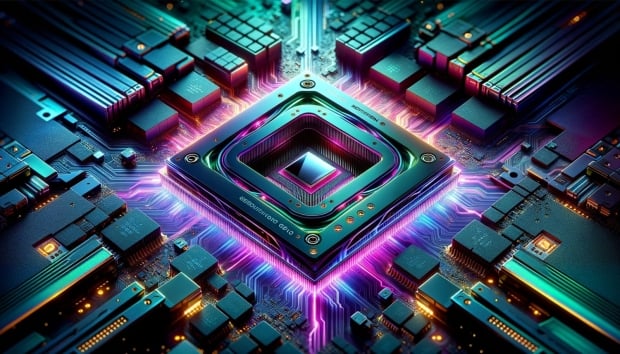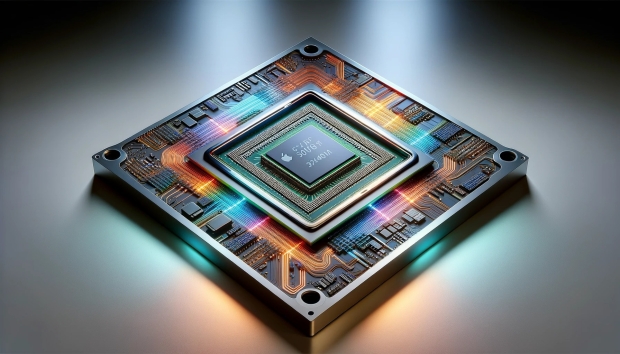NVIDIA has had a mega-successful last 12+ months riding the AI wave, with data center GPU shipments hitting 3.76 million units according to semiconductor analyst firm TechInsights.

NVIDIA has an absolutely dominant 98% market share in AI GPU shipments for 2023, with 3.76 million AI chips shipped. However, if you add AMD and Intel AI processor shipments, the total number only goes to 3.85 million. This means that AMD and Intel shipped only 710,000 AI accelerators, compared to the 3.76 million shipped by NVIDIA alone.
This also means that NVIDIA has 98% market share of AI GPU revenue, with $36.2 billion -- that's 3x the revenue of 2022, which stood at $10.9 billion -- while AI processor alternatives are coming from Google with its TPUs, AMD with its Instinct AI accelerators, Intel's Gaudi AI accelerators, and CPUs that feature NPUs for AI workloads.
TechInsights' analyst James Sanders said: "I suspect that because of the growth of AI, it is a little bit inevitable that it will have to diversify from. There's also a lot of action outside of GPUs, especially with Google's TPUs, given the capacity and price issues attached to NVIDIA's GPUs. Google's custom silicon efforts generate more revenue than custom silicon efforts from AWS and merchant silicon vendors like AMD and Ampere".
- Read more: NVIDIA commands 90% of AI GPU market, competitors are 'years from catching up'
- Read more: NVIDIA hits record-breaking $3 trillion market cap, thanks to AI GPU demand
Sanders continued: "That's how Google wound up in a position where they're technically the third largest data center silicon provider [by revenue] because of just kind of a weird confluence of market forces. Argos, the video encoder that they made for YouTube, think about all of the video that YouTube has to ingest on an hourly basis. For every Argos video encoder ASIC they've been able to deploy, they displaced 10 Xeon CPUs in the process. From a power consumption standpoint, that is a massive change".
"Their total revenue for that isn't going to be super high even with high volumes. They want to keep ... a pretty consistent 10% to 20% discount compared to an Intel or AMD-powered instance. The cloud platforms won't get completely away from Intel, AMD, or NVIDIA because there's always going to be customer demand for chips from those companies in these clouds".



